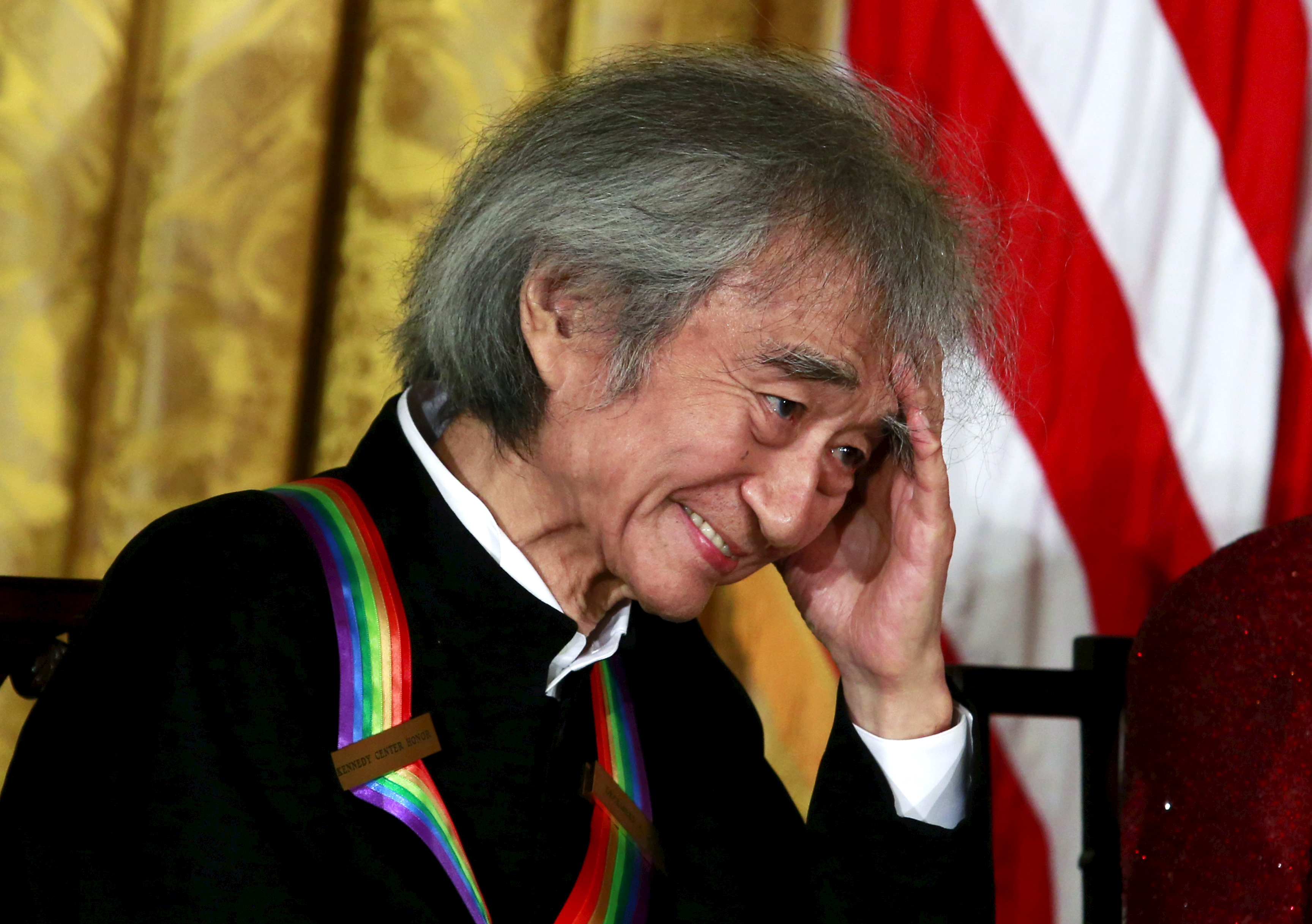Seiji Ozawa rises, from the keys of Mukden piano to directing vocals on some of the world’s most popular repertoire, showing the passion for classical music, the resilience and flexibility that made the career
Start early
Ozawa’s journey began abruptly as well. Ozawa was born in Mukden, Japan, in 1935. He began his musical training with Noboru Toyomasu and focused on Johann Sebastian Bach. But a tragic rugby injury forced him to switch from studying the piano to singing. Hideo Saito’s Beethoven’s Piano Concerto no. bae. Ozawa’s work was inspired by the passion he ignited upon hearing Beethoven’s Piano Concerto no. 1 no. Ozawa graduated from the Toho Gakuen Conservatory in 1957. These experiences had a profound effect on his musical outlook, combining his respect for classical traditions with his curiosity about new music
A global maestro
Ozawa’s meteoric climb to fame is a testament to his extraordinary skills, versatility and dedication to classical music. His residencies with the San Francisco Symphony Orchestra, the Toronto Symphony Orchestra and the Vienna State Opera demonstrate his ability to connect with musicians and audiences from around the world
Ozawa’s 29-year tenure as music director of the Boston Symphony Orchestra is noteworthy, as his innovative programming and dedication to modern composers expanded his repertoire and this earned him international acclaim. Under Ozawa, the Boston Symphony Orchestra embarked on several tours, many recordings and premieres of new works. It also maintained its status as an excellent performing organization.
Ozawa’s skill as the first Japanese conductor of the Vienna New Year’s Concert in 2002 is a testament to his pioneering work and international recognition of his talent This milestone is not only an honor for Ozawa, but it was also a tribute to classical music in general. It was a symbol of the transcendence of cultural boundaries in music – the integration of western musical traditions with eastern ones through a shared musical language.
Property and Influence
Ozawa has left a legacy of extraordinary work. From his associations and awards to advocating for contemporary music and mentoring emerging talent, he is a man of many talents. His commitment to contemporary composers has expanded the scope of classical music that artists and audiences can explore. He also works with youth orchestras, educational programs and other educational programs to help create the next generation of musicians and conductors.
Ozawa has been recognized for his contributions to classical music with numerous awards around the world, reflecting his influence. But what speaks volumes about his legacy are the accolades he has received from fans, peers and reservists. They all admire his ability to play classical music, and his pioneering work in instrumental music.
The article concludes:
Seiji Ozawa’s journey, from a young pianist in Mukden, to a globally respected pianist, is a story of adaptation, resilience and an unconditional love for music that inspired Ozawa’s praise of contemporary musicians, and unique music his association with the world’s orchestra improved classical music . He also inspired many. His legacy is still influential in the music world today, and his journey continues to be an inspiration for all musicians. Seiji is the light of his journey notion for absolutely everyone who pursues their passions with braveness and determination.
